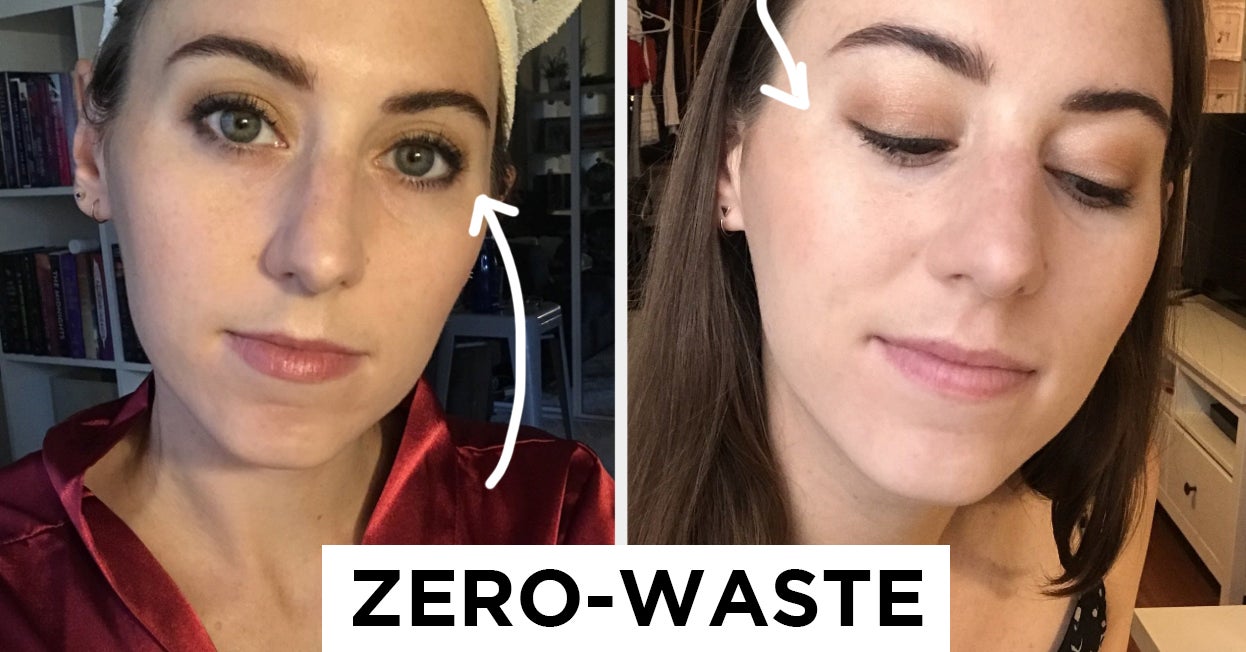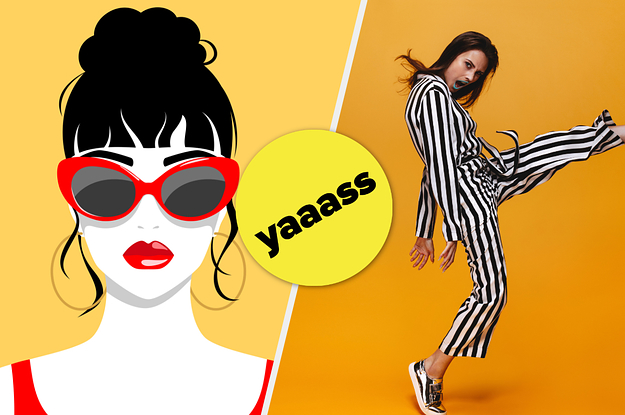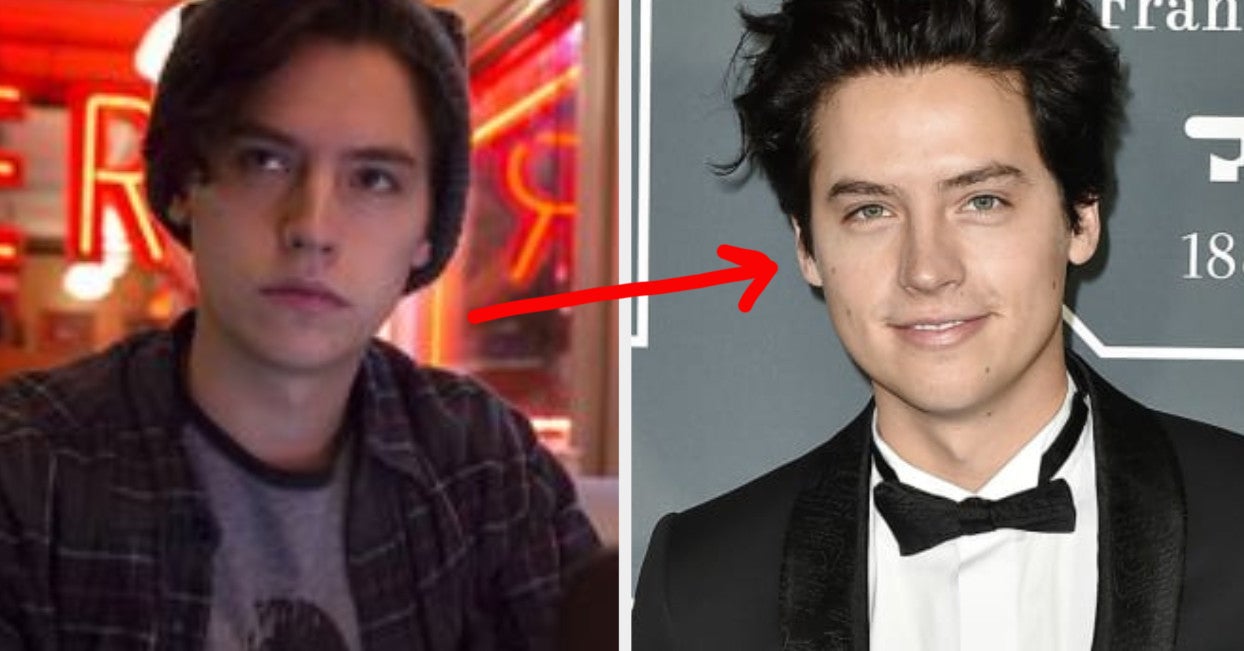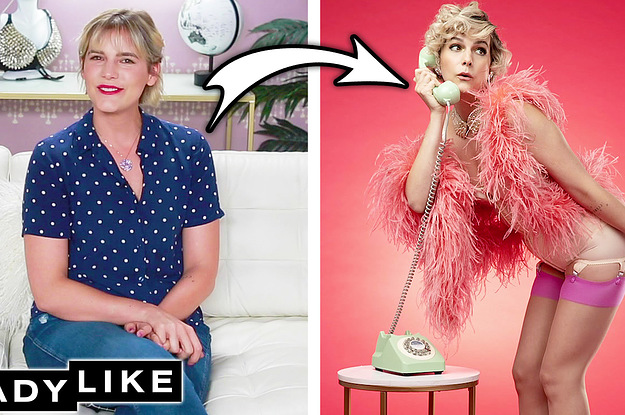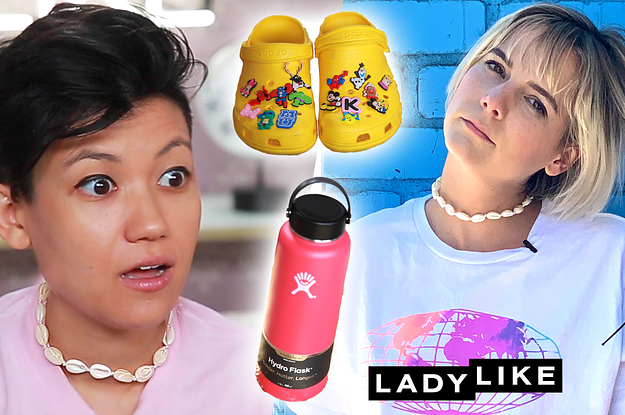A tectonic shift happened in Hollywood last month when Pose earned six groundbreaking Emmy nominations. Set in New York City’s Black and Latino LGBTQ and gender-nonconforming house-ballroom community, the FX show received a nod for Outstanding Drama Series — the most prestigious mainstream (i.e. cishet white) recognition ever awarded to a series led by a largely queer and trans people of color cast and crew — while Billy Porter became the first openly gay black person nominated for Outstanding Lead Actor in a Drama Series (or for any primetime acting Emmy, for that matter).
Writers Janet Mock and Lady J are now the first ever Emmy-nominated trans producers, and Pose co-creator Steven Canals, a Bronx native who drew from his own experiences to pen the show’s first script in 2015, also made history as the first Latinx producer to be nominated for a drama. The fact that these firsts are only just occurring in 2019 demonstrates how vastly underrepresented and unacknowledged QTNBPOC have been both in front of and behind the camera. However, the fact that they're all occurring in one fell swoop by way of an extremely visible cable family drama proves the immense power and impact of inclusive, community-driven storytelling, particularly narratives grounded in real stories and people.
BuzzFeed recently met with Steven in the Bronx neighborhood where his early passion for telling such stories was sparked through playtime and supportive women family figures. As we explored his personal monuments — like the daycare where his mother taught and he attended, his grandmother's building, and his middle and high schools — Steven revealed how he journeyed from a place of self-policing to self-love, while making a risky career jump into screenwriting at 30. "I knew I'd regret it if I didn't," he explained.
How did you go from navigating your small Bronx neighborhood to crafting entire worlds for television? Did you create worlds as a child?
I did. I've always loved story. I had a spiral notebook where I'd write down ideas for the toys, and I'd be like, 'I have a storyline for the Transformers and the Ninja Turtles.' An uncle of mine who's two years older than me would entertain me and we'd play out the storylines that I wrote. I guess that was my earliest version of screenwriting (It literally never occurred to me until this moment!).
And my mom was really good about letting me explore. I had a real sense of imagination, which became a safety mechanism for me while growing up in the Bronx in the '80s. The world outside was pretty bleak, and I think my mom probably knew the city would swallow me up — I was such a tiny boy and very sensitive and fearful — so it was great to have that encouragement.
What motivated you to leave your career in higher education for one in film and TV after spending almost 10 years in the field?
I was entering my sixth year working in higher education and my life had become Groundhog Day. I was just on this perpetual loop of new students arriving in August, working with them through May, working on your summer assignment in June and July, and then starting all over again in August.
I had just completed my graduate degree in Student Affairs the year prior, but the work really wasn't challenging me anymore and I had difficultly envisioning my end goal in this field. That was scary because I was surrounded by people who had clear aspirations of becoming vice principals and deans. So I just needed something else, something more.
How did you know that you were interested in transitioning specifically to screenwriting? And how did you summon the courage to make that jump?
I was in a really abusive relationship with myself because every August, when the new students would come to campus, I'd research all the different film schools like UCLA, USC, NYU, Columbia, and AFI, check out the requirements to get into their screenwriting and directing programs, and then tell myself, 'You're not good enough. You're not smart enough. You're not talented enough.'
I was on that loop, you know? And so finally, after five years, I was so tired of beating myself up and just so happened upon a career quiz that suggested I become a screenwriter. I sat with that for a little bit, and then about a week or so later I discovered UCLA's online screenwriting program on a random film blog. I immediately applied, was accepted, and enrolled in the program while still working on-campus full-time. I took classes via Skype and wrote two screenplays that were really shitty, and that's when I fell in love with the process of crafting a screenplay.
The following year after the program I started writing independently, but at that point I just started to feel like a fraud, because there I was advising students to live their best life and not doing that myself. That's when I decided to work through my fear, apply to and attend UCLA's full-time MFA program, move to Los Angeles, and just take a chance.
So we're walking around your childhood neighborhood talking about a show you made based on your life growing up here. How does it feel?
It's trippy because I remember feeling so much anxiety during this walk from my house to school. School was not fun for me. That's where all the teasing started. I would hear, "Stop acting like a girl...You're being a sissy," which then eventually became "Stop being a faggot," which then just became "You're a faggot." I was always walking to school already anticipating what's going to be the thing for today. Who's going to embarrass me today? Who's going to say something nasty to me? That was fourth grade through high school. That followed me and it was like I never could quite shake that off.
In a previous interview I did with GQ, I talk a lot about quieting my voice during those days. That was a big part of it. I just did not want to be seen. I thought that if people were only ever saying negative things or super homophobic things when they saw me, then I just needed to recede into the shadows: How can I disappear? How can I be here without being here?
So that became a skill that — depending on the day — I was great at or terrible at, meaning that I was doing something that was going to spark attention, like saying something in a particular way that made people say, "There's the gay voice," or walking down the hallway in a way that sparked a "There's the gay walk." It was always something. This kept me on eggshells because I didn't want to have to walk, I didn't want to have to talk, I didn't want to have to move, because I knew that I was going to be policed and then called out for it. That was really difficult.
Obviously I like being a queer person now, but [in the '80s and '90s] I either couldn't or didn't want to see what some people were seeing in me because there were no LGBTQ role models that could point to and say, "Look, it's fine." [To me, this community] was still living under the cloud that was HIV, AIDS, homophobia, and just so much misinformation. That's an excuse, but people were just ignorant. It was tough.
So from an early age, you were constantly policing yourself over the most basic things, like walking and talking...
Always on guard. The crazy thing that I've realized now, even after having stepped into my identity and having no qualms or issues about it, is that there's something that still lingers from that period. Because even to this day, I'm someone who's perpetually doing this [he quickly looks over his shoulder]. Constantly turning to look behind me, and I think a lot of it is just always being on guard.
I've had people in my life say, "Oh, well that must come from living in the Bronx," but I don't think it's that simple. I don't typically find myself in situations where I'm feeling quote-unquote unsafe. I think it's deeper because there's no reason for me to be constantly hyper aware of my surroundings, but I'm always doing it and I think a lot of it is just residual fallout of my childhood.
You've previously said that Damon's character is partially based on you and your own coming of age experiences. What parts of his story mirror your own?
The idea of Damon came to me in 2004 when I was a college student studying film. I still hadn't stepped into my queer identity, and my biggest fear at the time was coming out and being kicked out of my family. But then I graduated from college and decided that I wasn't going to pursue film anymore, so I put the story idea away.
When I finally decided to put Pose on the page [nearly a decade later while studying screenwriting at UCLA], I was already out. I was living authentically and was really happy. The fear at that point in my life, in my early thirties, was whether I was going to achieve the success that I dream for myself. So all of the anxieties that I had about pursuing a career in film and TV, I put that into Damon. His dream is to be a dancer, and you see him getting in his own way and just needing someone to believe in him.
I've been fortunate enough to have a lot incredible women in my family who've always supported me, believed in me, and lifted me up when I was at my weakest, so that's where the characters Blanca and Helena emerged. There are a lot of very strong, independent, and complicated women in Pose and it comes out of having spent an entire life being surrounded by women who are all of those things.
You're pointing out a lot of changes in your neighborhood, recalling businesses that were around for your entire childhood and adolescence that are now gone. How do you feel about these longtime local staples being replaced?
It's unfortunate that we, the proverbial we, don't think about people's experiences and people's memories and recognize the importance of place. We are a culture of colonizers, so we're very quick to just step into a space and take over and not even think about the people who are indigenous to that space and how that experience changes the space.
That's why it was so critically important for us at Pose to have the [actual] ballroom community be part of our process and the show's narrative as consultants, choreographers, and experts, not just providing a seat at the table but also compensating them for taking a seat. We just didn't want to be that group of people who came in, told a story, and went away. We didn't want to duplicate any past traumas and past hurts, specifically with ballroom which is a community that has historically been colonized and appropriated without any credit. So it was just important for us to ensure that we were doing it right.
Is that intention what inspired the quotations that we see at the end of each episode in season two?
That was definitely part of it. The show's narratives come from a place of reference, but also the stories of real people and their lives. Look at episode three for example, which very clearly is inspired by Dorian Corey, [a famous New York City drag queen and fashion designer]. You see that again in episode seven with the condom caper, which was inspired by something that Peter Staley from Act Up organized. If you're going to tell somebody's story let's at least acknowledged that this was somebody's story. So I think the [post quotations] allowed us to do that and honor people's lives.
This idea of memory and honor makes me think of season two, episode one where we see countless unnamed caskets on this isolated, forgotten area of New York City. Can you talk about how memory plays a role in the creation of Pose?
It's beautiful because every writer's fingerprints are on every single episode. It's the reason why we call our writers room a brain trust. So much of Pose is all of our collective memory. Of the five of us in the room, I'm only person who grew up in Ground Zero, if you will, having lived in New York City in the '80s where the show began.
But you have Ryan [Murphy], who was in his early twenties in the '80s and '90s as an out gay man who used to travel to New York often. Brad Falchuk lived in New Jersey and came into the city quite a bit. Our Lady J of Pennsylvania and Janet [Mock] of Hawaii, both of whom have lived in the city for more than a decade, I think.
So all of us have our own unique relationship to New York City, which is really its own character on the show. And we all came to this project having a huge love, reverence, and appreciation for both New York City and ballroom, and I hope that the audience feels that when they're watching the show. ●
Pose is currently streaming on Netflix and FXNOW.
